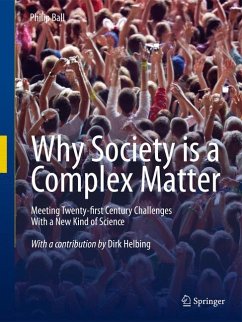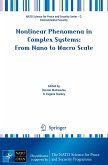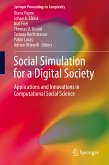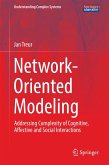This book shows how some of these ideas from the science of complexity can be applied to the study and management of social phenomena, including traffic flow, economic markets, opinion formation and the growth and structure of cities. Building on these successes, the book argues that the complex-systems view of the social sciences has now matured sufficiently for it to be possible, desirable and perhaps essential to attempt a grander objective: to integrate these efforts into a unified scheme for studying, understanding and ultimately predicting what happens in the world we have made. Such a scheme would require the mobilization and collaboration of many different research communities, and would allow society and its interactions with the physical environment to be explored throughrealistic models and large-scale data collection and analysis. It should enable us to find new and effective solutions to major global problems such as conflict, disease, financial instability, environmental despoliation and poverty, while avoiding unintended policy consequences. It could give us the foresight to anticipate and ameliorate crises, and to begin tackling some of the most intractable problems of the twenty-first century.
Dieser Download kann aus rechtlichen Gründen nur mit Rechnungsadresse in A, B, BG, CY, CZ, D, DK, EW, E, FIN, F, GR, HR, H, IRL, I, LT, L, LR, M, NL, PL, P, R, S, SLO, SK ausgeliefert werden.
"Phil Ball's little book is one of the best summaries I have come across on complexity theory and its applications. This little triumph of clarity argues that society's problems are those of highly connected systems. ... Nice gentle text. If are a newcomer to complexity sciences, then read this first." (Urban Models + Spatial Complexity + Smart Cities, August, 2012)









